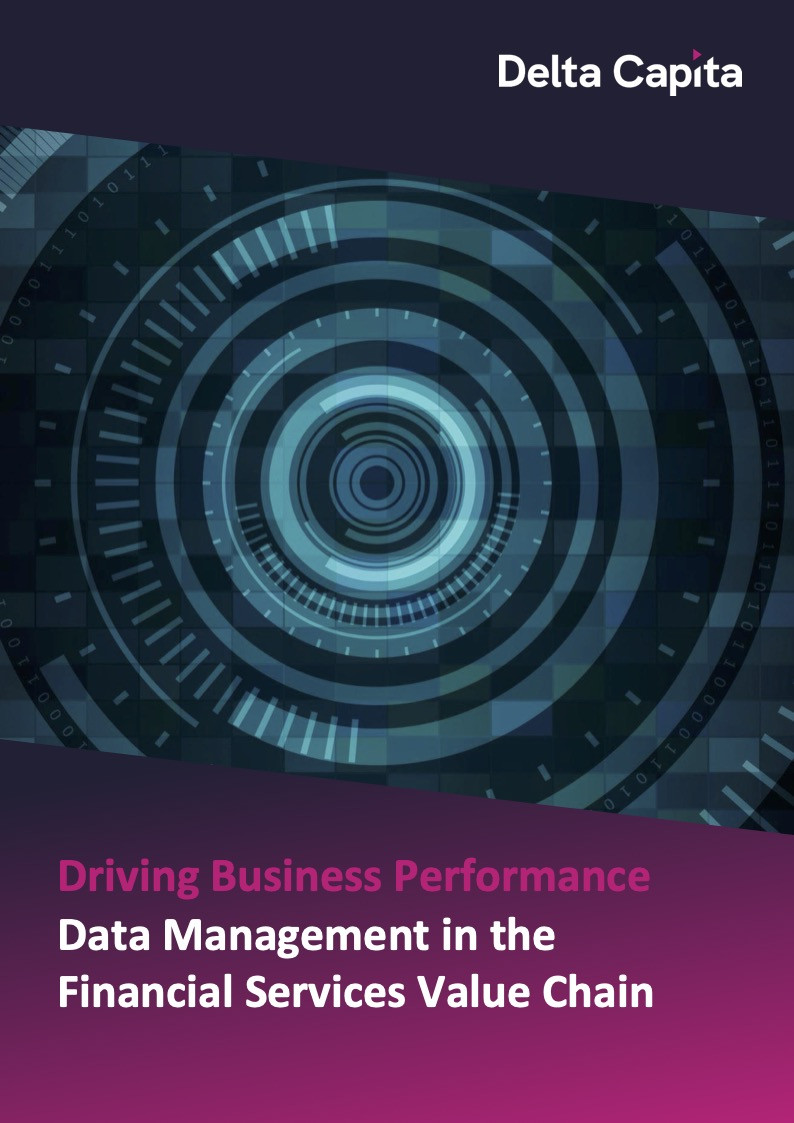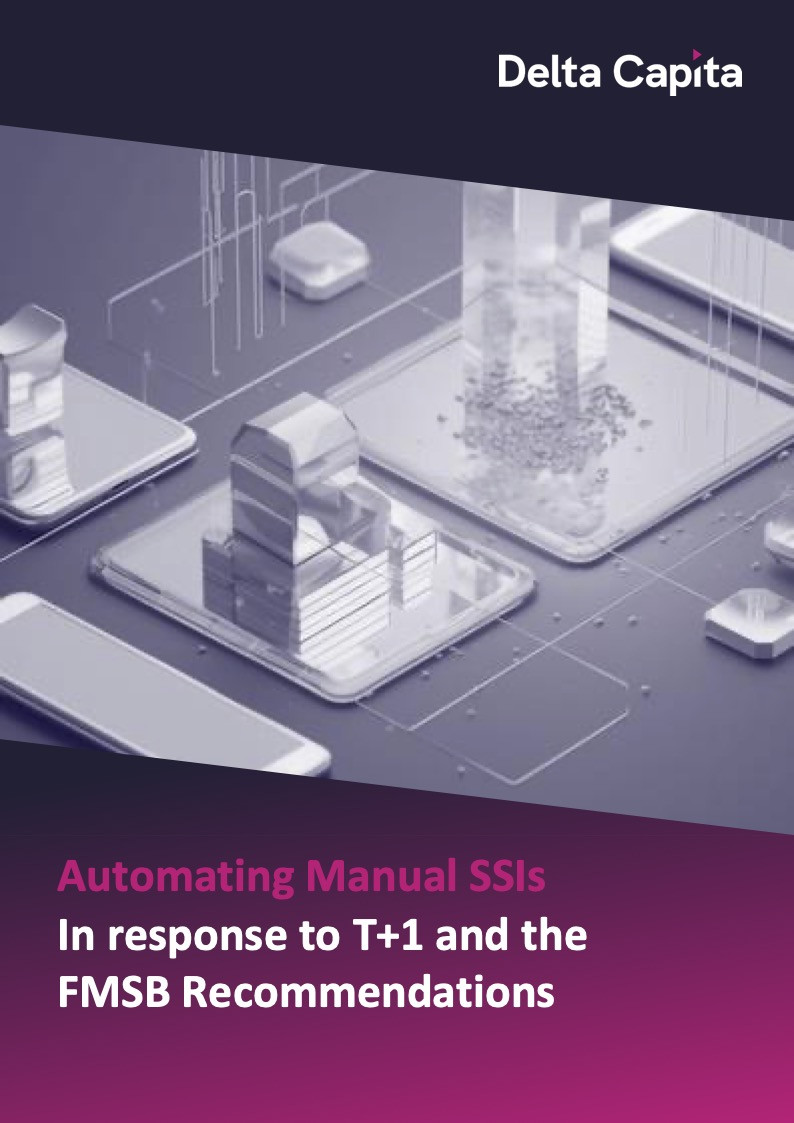-
Driving Business Performance

Driving Business Performance
80% of data governance initiatives are projected to fail by 2027 despite digital and market regulations that can penalise organisations for a lack of data quality e.g. regulatory reporting*
pdf, 447.89 kB
Download » -
Automating Manual SSIs

Automating Manual SSIs
The UK’s Financial Markets Standards Board (FMSB) has laid out a game- changing recommendation.
pdf, 292.5 kB
Download » -
AI Readiness

AI Readiness
Financial Institutions need to keep their Risk and Governance policies, processes, and controls updated to manage new risks as they test and deploy Artificial Intelligence (AI) tools.
pdf, 458.64 kB
Download »







